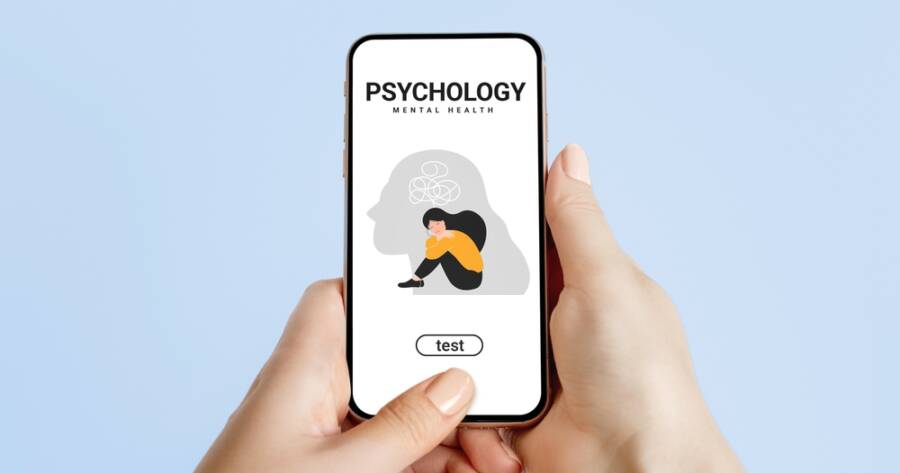Online depression tests are valuable tools in recognizing symptoms of depression and offer users a convenient way to assess their mental health. Tests can help identify early signs of depression, enabling individuals to seek professional help sooner. Additionally, they provide resources for managing mental well-being, such as coping strategies, therapy options, and support networks. By tracking mood changes over time, online depression tests offer ongoing support and contribute to better overall mental health management.
What Is a Depression Test?
A depression test is a tool designed to assess an individual’s mental health status, specifically focusing on symptoms of depression. These tests often consist of a series of questions that evaluate mood, behavior, and emotional well-being. They can be self-administered or conducted by a healthcare professional. Recent studies indicate that early detection of depression through such assessments can significantly improve treatment outcomes, allowing individuals to seek timely professional help. The format of depression tests can vary, ranging from simple questionnaires to more comprehensive assessments. Many of these tests are based on established psychological frameworks, such as the DSM-5 criteria for major depressive disorder. The reliability of these tests has been supported by research, demonstrating their effectiveness in identifying individuals who may benefit from further evaluation or intervention.
How Online Depression Tests Can Identify Symptoms and Next Steps
Online depression tests provide a convenient way for individuals to assess their mental health from the comfort of their homes. These tests can help identify symptoms that may not be immediately recognized, such as persistent sadness, loss of interest, or changes in sleep patterns. By completing an online assessment, individuals can gain insights into their mental health and determine whether professional support is needed. Furthermore, the results of these tests can guide individuals toward appropriate next steps, such as seeking therapy or consulting a healthcare provider. Recent advancements in telehealth have made it easier for individuals to access mental health services, ensuring that those who identify symptoms through online tests can receive timely care.
Free Mental Health Apps for Screening and Managing Depression
Numerous mental health apps are available that offer free screenings and resources for managing depression. These apps often include features such as mood tracking, guided meditations, and educational content about mental health. By utilizing these tools, individuals can gain a better understanding of their emotional state and develop coping strategies. Research has shown that the use of mental health apps can enhance self-management of depression. They provide users with immediate access to resources and support, which can be particularly beneficial for those who may feel isolated or reluctant to seek traditional therapy. The integration of technology in mental health care continues to evolve, making support more accessible.
Track Mood Changes and Treatment Effectiveness with Regular Testing
Regularly taking depression tests can be an effective way to monitor mood changes and assess the effectiveness of treatment. By consistently evaluating mental health status, individuals can identify patterns and triggers that may affect their well-being. This ongoing self-assessment can also facilitate discussions with healthcare providers about treatment adjustments. Studies indicate that tracking mood over time can lead to better management of depression. Individuals who engage in regular testing are more likely to notice improvements or declines in their mental health, allowing for timely interventions. This proactive approach can empower individuals to take charge of their mental health journey.
Learn More About Depression Testing
Understanding depression testing and its benefits can significantly impact mental health management. By exploring the various tools and resources available, individuals can take informed steps toward improving their emotional well-being.





